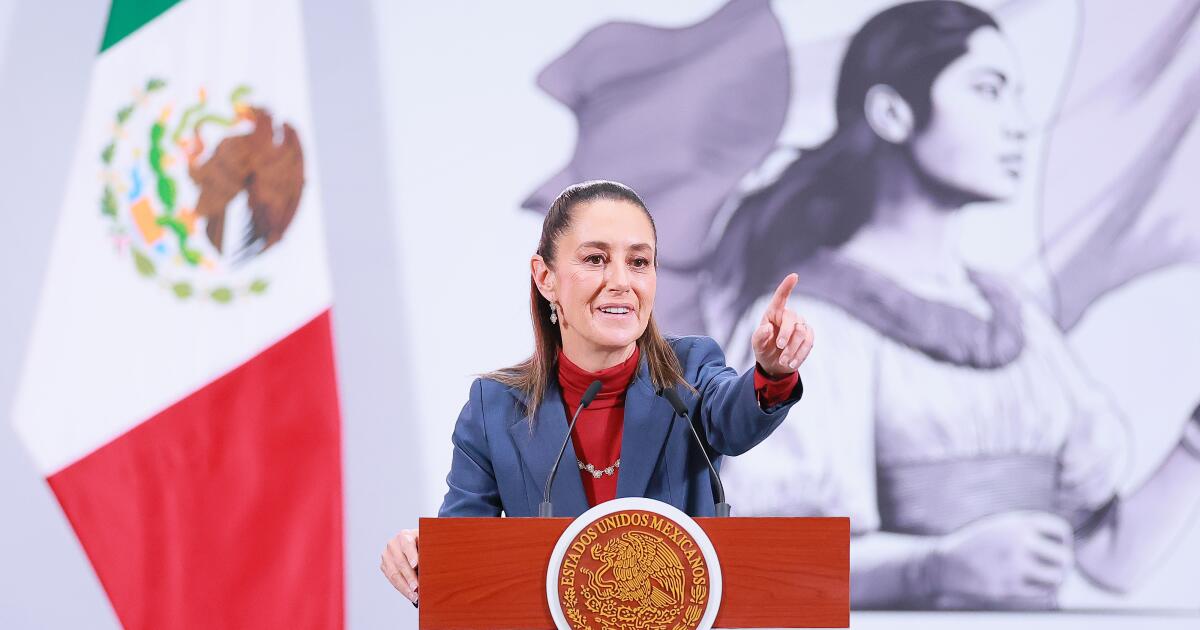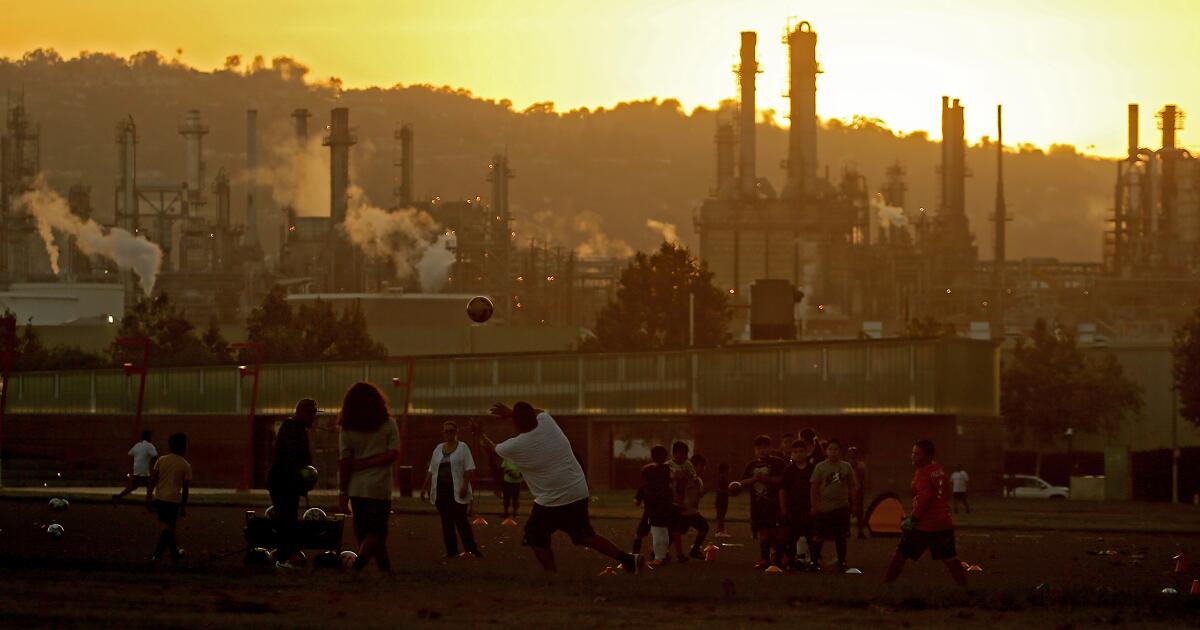Whether the attempted insurrectionhe pandemicthe two assassination attempts on Donald Trump, or anything else, there has been enough madness since 2020 to warrant social panic. We frequently utter phrases like “We live in uncertain times,” “We are going through a time of crisis,” or “This is not normal.” But when are we No In times of uncertainty, crisis or abnormality?
We like to think there is some secret formula that can help us cope with turbulent times. Some turn to their faith to overcome the crises of modern life; others practice yoga, take medication or meditate; some simply give up, either in monastic resignation or cynical despair. Many of us, however, silently panic.
We react like this because uncertainty and insecurity seem to persist, even though someone, at some point, convinced us that precarious times were temporary. Insurance ads are to blame.
Whoever it is, we panic because we desperately want the uncertainty and crisis to end.
But that is not the case. It cannot be. The universe is built on turmoil and violence. Galaxies collide with each other and black holes swallow stars whole. Here on Earth, humans realize that as soon as one crisis ends, another appears.
So what should we do? We can try harder to find the certainty and normalcy that once seemed promised to us, or we can stop trying to fix crises and give in to chaos (“Let it all go and let God!” as some in Alcoholics Anonymous would say).
Another option is to change our mindset. To start with, we should stop thinking that uncertainty, crisis and insecurity are temporary.
I teach and write about Mexican philosophy, and a key idea of this tradition is that if anything is certain, it is uncertainty; that insecurity and crisis are “states of our being.” Mexican philosophers call this state “accidentality.”accident), the idea that the certainty we seek is only an ideal that has never been achieved and never will be achieved. Indeed, for Mexican philosophers, accidentality describes a way of life for people who have never known anything but pain and suffering, a condition they call “catastrophism.”catastrophism).
In some ways, catastrophism describes us all, though some recognize it more clearly than others. “Our normality is our crisis,” wrote the philosopher Emilio Uranga, highlighting the notion that “normal” human experience knows little about stability, security, and permanence. Life is unscripted and random. We’ve often been told otherwise, but usually in an attempt to control how we live or think. Uranga tells us to be wary of such narratives and to exhibit a certain “unreliability” (distrust) toward those who claim to have “control over the accident.”
Political platforms often make claims like this: America will get back to normal if we embrace the principles of Project 2025; Illegal immigration, excessive inflation, and pandemics will disappear if we elect Trump; the culture wars over gay marriage, gender identity, and the teaching of American history will disappear if we elect Kamala Harris. Voting for one party rather than the other, they promise, will stabilize life, set things right, and align us with God’s will or natural selection in such a way that we will suffer less. But both conservative and liberal dreams are really unattainable ideals that exist only in our imaginations.
It is best to remember that the Mexican philosophers are right: uncertainty and crisis are our norm. Times of safety and calm are the rare moments when we need to stock up on faith, philosophy, insight, wisdom and grace so that we can face the rest of life without panicking or plunging into a political or existential abyss.
Let us learn the lesson from these thinkers and accept our chance, and refrain from lying to ourselves about certainties and miracle cures. We will be fine, but probably not because we have overcome the crisis, uncertainty and self-doubt. It will have more to do with getting used to them.
Carlos Sánchez is a professor of philosophy at San José State University and the author of “Blooming Among the Ruins: How Mexican Philosophy Can Guide Us to the Good Life.”












